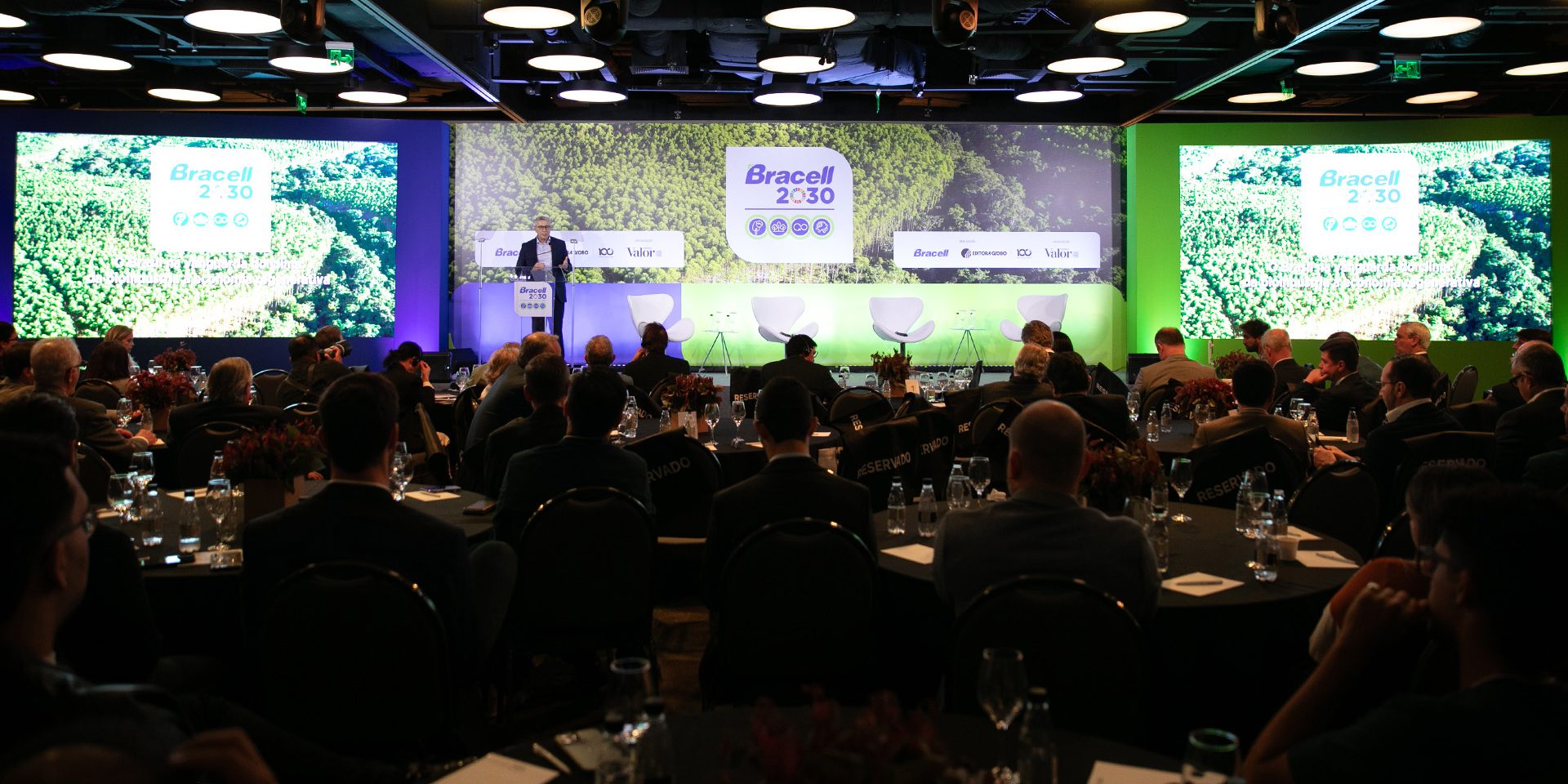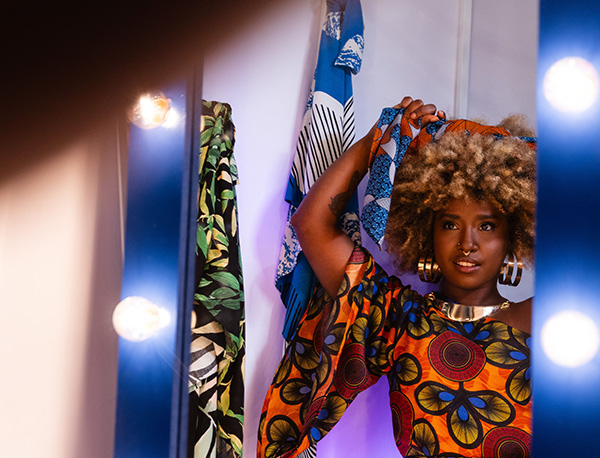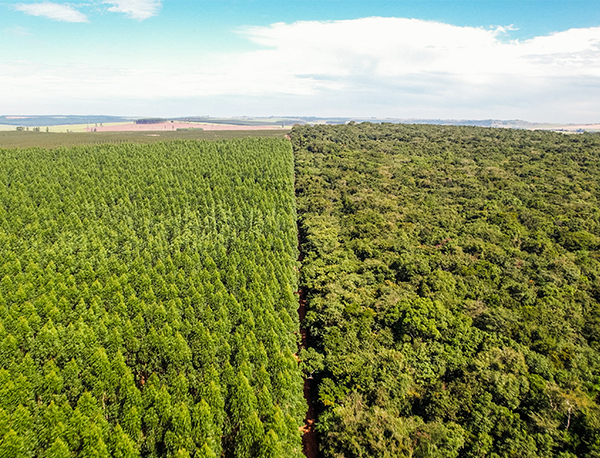The event featured key figures dedicated to the global climate agenda, such as Marco Lambertini, Global Coordinator of the Nature Positive Initiative, and COP30 CEO, Ana Toni
Bracell, held the Bracell 2030 Seminar – Brazil at the forefront of climate: from the bioindustry to the regenerative economy this Tuesday, the 21st. On the eve of COP30, the main global event addressing climate change, the company promoted a discussion on how Brazil can lead the global climate agenda, driven by bioindustry innovation and a new economic model. During the event, Bracell also shared updates and results from its 2030 strategic sustainability agenda, which includes goals and commitments to expand the positive impacts of its operations across the value chain.
“We truly believe that Brazil has the potential to lead the global climate agenda, seeking new solutions based on regeneration, circularity, and innovation. At Bracell, our operations in Brazil are guided by the philosophy of the 5Cs: everything we do must be good for the Community, the Country, the Climate, one of the reasons we are here today, and the Customer. Only then will it be good for the Company. We are proud to say that our operations in Brazil are climate-positive, absorbing more carbon than we emit,” said Bracell President Praveen Singhavi in his opening remarks.
Marco Lambertini, Global Coordinator of the Nature Positive Initiative and former Director General of WWF International, advocated for the path of nature restoration. “Nature must be at the center of economic, business, and public policy decisions. Halting and reversing biodiversity loss by 2030 is as important a goal as achieving carbon neutrality for the climate.”
Moderated by journalist Leila Sterenberg, the event also featured a panel on the green economy with the participation of Ana Toni, CEO of COP30; Joaquim Levy, Director of Economic Strategy and Market Relations at Safra; Paulo Hartung, Executive President of the Brazilian Tree Industry (Ibá); and Antônio Joaquim, corporate advisor.

Ana Toni, CEO of COP30, highlighted that the conference hosted by Brazil represents a turning point in integrating economy and climate: “COP30 is more than an event; it is a collective transformation process. We are bringing visibility to new business models based on restoration, bioeconomy, and regenerative agriculture, solutions that already exist in Brazil and need to be scaled up. This movement, combined with the mobilization of the private sector and subnational governments, will accelerate the implementation of the climate agenda.”
The second panel, “How the public and private sectors can drive the green transition,” featured Natália Resende, Secretary of Environment, Infrastructure, and Logistics for the State of São Paulo; Jaime Verruck, Secretary of Environment, Technology, and Innovation for the State of Mato Grosso do Sul; and Ambassador José Carlos Fonseca, President of Empapel and Head of International Relations at Ibá.
“The green transition requires long-term planning, innovation, and coordination between governments, the private sector, and communities. In Mato Grosso do Sul, we’ve developed policies that integrate conservation, production, and payments for environmental services, proving that it is possible to attract investments while protecting biodiversity,” said Jaime Verruck, Secretary of Environment, Development, Science, Technology, and Innovation for the State of Mato Grosso do Sul.
Bracell presents progress on goals supporting the global climate agenda
The update on Bracell’s 2030 goals and commitments was presented by Márcio Nappo, Vice President of Sustainability at Bracell. “Two years after launching Bracell 2030, our progress shows we are on the right path. We’ve exceeded our One-for-One Commitment target and now conserve more native areas than we plant. This reaffirms our belief that growth and preservation can go hand in hand. We are also very close to reaching our goal of having 30% women in leadership positions, reinforcing our commitment to diversity and inclusion. We remain determined to make Bracell a benchmark in sustainability, with a positive impact on climate, biodiversity, and people.”
In addition to the presentations and debates, government representatives, partners, clients, opinion leaders, and employees attended activations showcasing the company’s initiatives and projects, such as its forest mosaic, the synergy between pulp and tissue paper mills, and the sustainable sewing project from Bracell Social.



